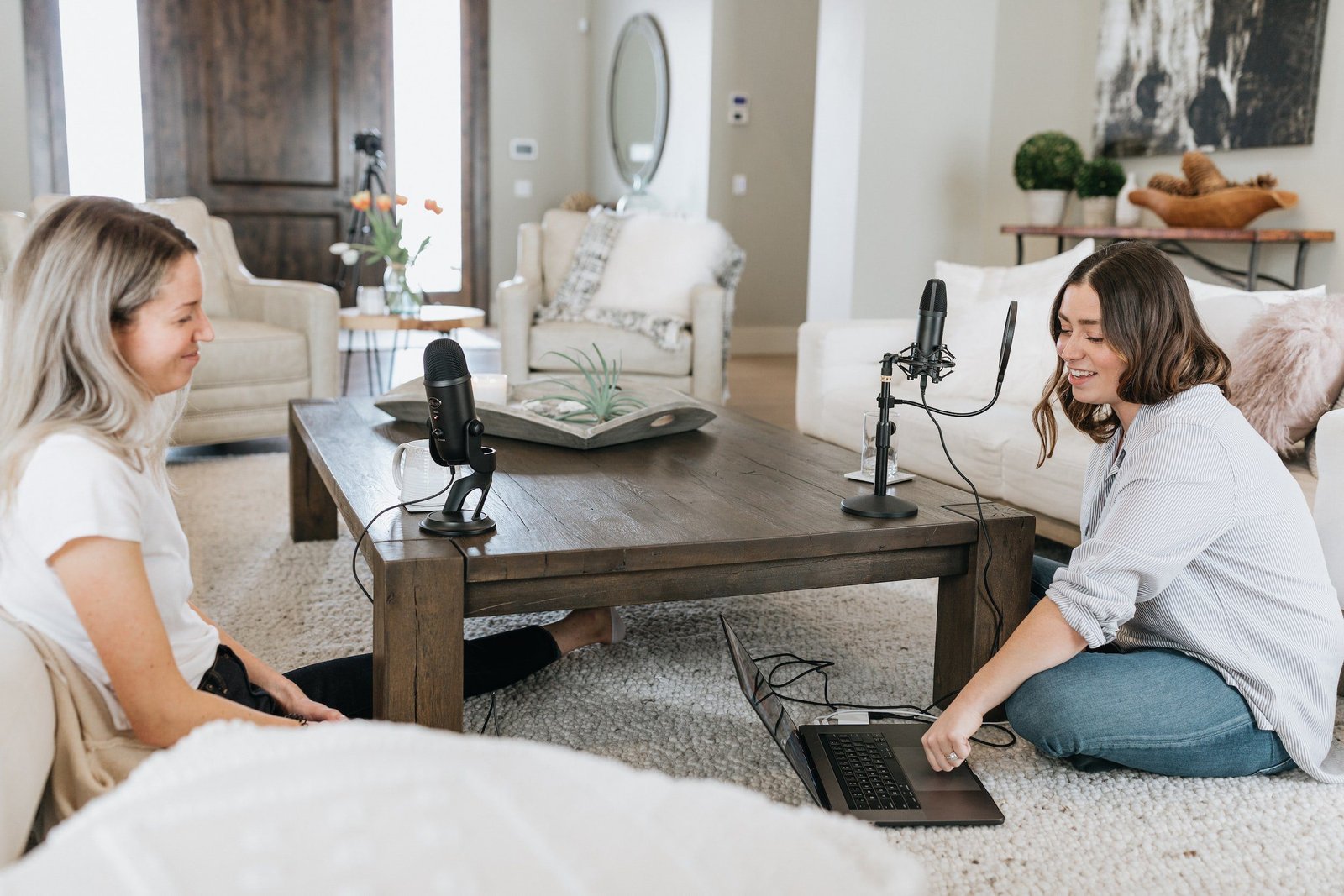Hosting a podcast is an excellent way to share your passion, expertise, or ideas with the world. Podcasting can be an enjoyable and fulfilling experience, but it can also be challenging, especially if you’re new to it. In this article, we’ll provide you with five tips that will help you feel natural and keep your audience engaged throughout your podcast.Podcasting has exploded in popularity over the last decade, and for good reason. It’s an excellent way to connect with a global audience, share your knowledge, and build a community. However, it’s essential to note that not all podcasts are successful. According to a recent study by Buzzsprout, 50% of all podcasts never make it past their 7th episode. The study also found that the most common reason for failure is the lack of a clear concept or niche, followed by poor audio quality, inconsistent publishing schedules, and lack of promotion. These statistics highlight the importance of planning, commitment, and consistency in podcasting. With the right strategy, planning, and execution, you can increase your chances of success and grow a loyal following.
Choose a Niche That You’re Passionate About
The first and most important tip for hosting a podcast is to choose a niche that you’re passionate about. The more passionate you are about your topic, the more engaging and interesting your podcast will be. When you’re passionate about your topic, you’ll naturally have a lot of enthusiasm, which will translate into your podcast. Your passion will also help you stay motivated and dedicated to creating great content.
Plan Your Content in Advance
Planning your content in advance is essential for hosting a successful podcast. Create an outline of the topics you want to cover and the questions you want to ask. Having a clear plan will help you stay organized, save time, and ensure that your podcast is informative and engaging.
Invest in High-Quality Equipment
Investing in high-quality equipment is crucial for hosting a successful podcast. Poor sound quality can be distracting and can turn off your audience. Therefore, make sure that you have a high-quality microphone, headphones, and recording software. You don’t have to spend a lot of money, but make sure you invest in quality equipment that fits your budget.
Engage Your Audience
Engaging your audience is key to keeping them interested and coming back for more. Start by asking your listeners to share their feedback and opinions on your podcast. You can also encourage them to ask questions or provide topic suggestions. Engaging with your audience will not only keep them interested, but it will also help you improve your podcast.
Be Yourself
Last but not least, be yourself. Don’t try to imitate someone else’s style or personality. Your audience wants to hear your unique perspective and personality. Embrace your uniqueness and let your personality shine through your podcast. Your authenticity will attract a loyal following and make your podcast stand out.
Podcasting FAQs
Q1. How long should a podcast episode be?
A1. The ideal length for a podcast episode is around 20-40 minutes. However, the length of your podcast will depend on your topic and the level of detail you want to cover.
Q2. Do I need to have a guest on my podcast?
A2. No, you don’t need to have a guest on your podcast. However, having guests on your show can add value to your podcast and attract a broader audience.
Q3. How often should I release new podcast episodes?
A3. It’s essential to release new podcast episodes consistently to keep your audience engaged. The frequency of your podcast episodes will depend on your schedule and the time you have available. You can release episodes weekly, bi-weekly, or monthly.
Q4. Can I monetize my podcast?
A4. Yes, you can monetize your podcast through sponsorships, advertising, and merchandise sales. However, you’ll need to build a substantial following







